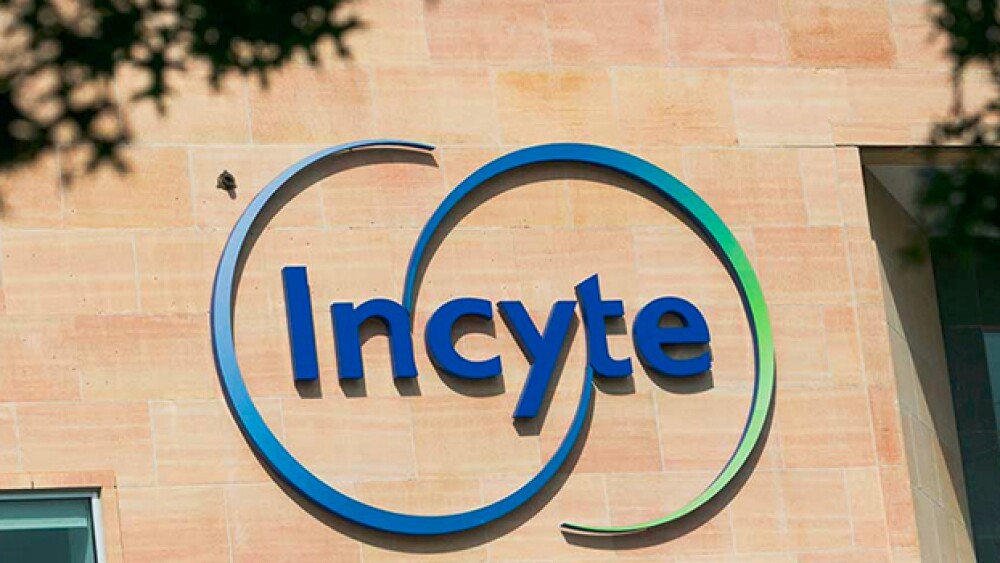Shares of Incyte Corporation are down more than 20 percent this morning after the company revealed that pairing is IDO1 drug in combination with Merck’s Keytruda failed to meet endpoints in a Phase III melanoma trial.
Shares of Incyte Corporation are down more than 20 percent this morning after the company revealed that pairing is IDO1 drug in combination with Merck’s Keytruda failed to meet endpoints in a Phase III melanoma trial.
Incyte said an external Data Monitoring Committee review of data evaluating the company’s ECHO-301 trial of epacadostat in combination with Merck’s PD-1 inhibitor Keytruda showed the combination therapy did not improve rates of progression-free survival in the patient population compared to Keytruda alone.
Shares of Incyte dropped to a low of $64.20 as of 9:45 a.m. Shares of Merck fell about 2 percent on the news.
The combination therapy was being developed as a treatment for patients with unresectable or metastatic melanoma. Not only did the combination therapy fail to improve progression-free survival, Incyte said the trial is not expected to meet a second primary endpoint of overall survival.
Epacadostat is an investigational oral selective IDO1 enzyme inhibitor. The drug is designed to modulate anti-tumor immune responses through the promotion of regulatory T cell generation. The drug also blocks effector T cell activation, thereby facilitating tumor growth by allowing cancer cells to avoid immune surveillance, according to company information.
Incyte’s investors are certainly not happy with the failure of this trial, particularly as Incyte has struck a number of deals to pair epacadostat with other PD-1 inhibitors. Investors are likely concerned that the combination of Incyte’s IDO1 drug with Keytruda could signal failures in other combination trials. Last year Incyte and Bristol-Myers Squibb forged a deal to evaluate the combination of epacadostat and Opdivo as a first-line therapy for non-small cell lung cancer across the spectrum of PD-L1 expression and first-line treatment for head and neck cancer. Incyte has also paired epacadostat with AstraZeneca’s anti-PD-LI drug, Imfinzi for patients with locally-advanced (Stage III), unresectable non-small cell lung cancer. The trial is expected to begin in the first half of 2018.
Incyte Chief Medical Officer Steven Stein said the data from the failed Phase III trial will contribute to the company’s understanding of the role of IDO1 inhibition in combination with PD-1 antagonists
“We remain dedicated to transforming the treatment of cancer and will continue to explore how IDO1 inhibition and other novel mechanisms can potentially improve outcomes for patients in need, Stein said.
Following the review of the committee, Incyte said it will halt the trial. Both Incyte and Merck will conclude the study in a “manner consistent with the best interests of each patient.” Data from the failed Phase III trial will be presented at an upcoming conference.





